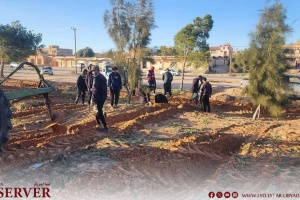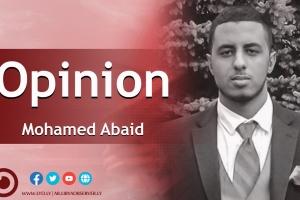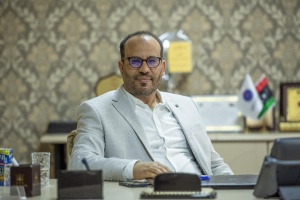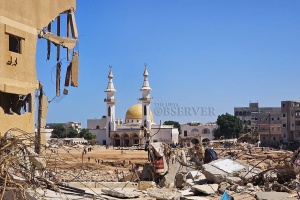By Mohamed Abaid, Independent Libyan Analyst
Fragile Hopes in a Tumultuous Libya: From Abu Salim's Tragedy to a Nation on the Brink
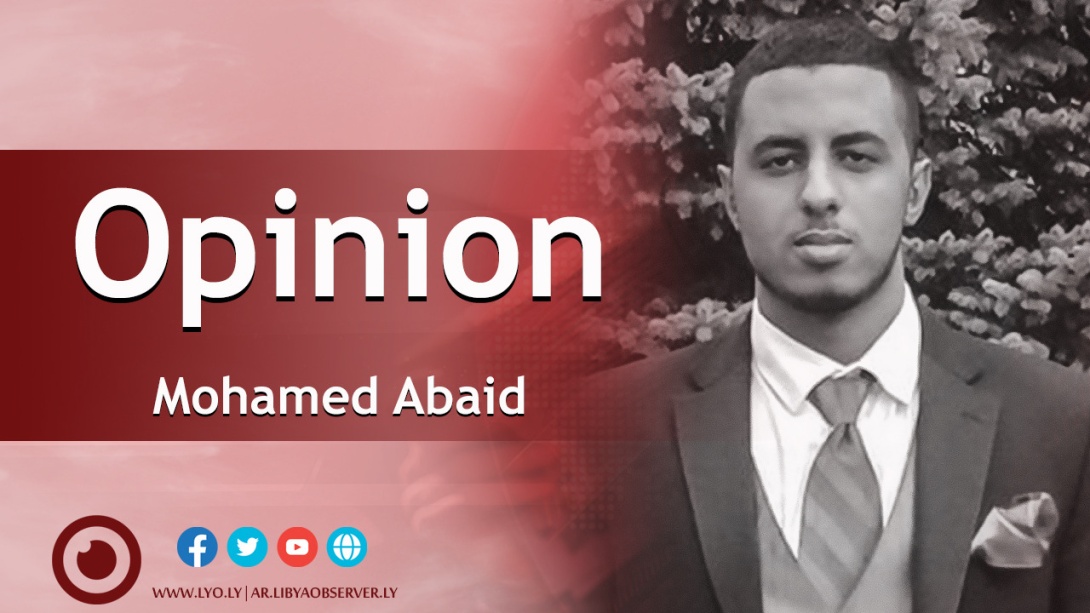
Introduction: In the labyrinth of Libya's ongoing turmoil, the fragility of security and the volatility of political dynamics are starkly revealed. Recent events have cast a shadow over Tripoli, unveiling the depth of the nation's distress. This article delves into these critical issues, from the massacre in Abu Salim to the fluctuating regional alliances, the uncertain political horizon, and the crumbling economy, as Libya approaches the crucial juncture of Ramadan.
The Abu Salim Massacre: A Symptom of Deep-Rooted Chaos The recent massacre in Abu Salim, where ten individuals met a tragic end, stands as a harrowing testament to the unstable security situation in Libya's capital, Tripoli. This incident not only reflects the rampant lawlessness but also underscores the government's tenuous grip on order. In response, the Libyan Interior Ministry has promised a reduction in militia checkpoints, aiming to assert its authority more firmly. Yet, skepticism prevails, with many questioning whether these assurances are mere rhetoric or a genuine step towards restoring peace.
The Diplomatic Chessboard: Egypt, Turkey, and Libya's Fate On the regional front, the thawing relations between Egypt's President Sisi and Turkey's Erdogan could herald a new chapter in Libyan affairs. This diplomatic rapprochement may be the beacon of hope for a strife-torn Libya, potentially paving the way for a long-sought resolution. However, the complexity of Libya's internal dynamics and the myriad of international interests involved make any prediction tentative at best.
Elections: A Distant Dream? Politically, Libya remains ensnared in a web of uncertainty. As Prime Minister Dbeibah enters his third year in office, the prospect of elections seems increasingly elusive. The political field, mired in complexities and competing agendas, offers little clarity on the path to a democratic and stable Libya.
Economic Desperation Amidst a Collapsing Currency Economically, Libya faces a dire situation. The rapid devaluation of the Libyan dinar, now at a staggering 7.30 against the dollar, has significantly weakened the populace's purchasing power. As the holy month of Ramadan approaches, this economic downturn takes on an even more ominous significance, potentially exacerbating the hardships of an already struggling population.
The Militia Quandary and the Search for Stability Central to Libya's turmoil is the pervasive influence of various militias. These armed groups, with their diverse allegiances and interests, pose a formidable challenge to national unity and stability. Integrating or disbanding these militias remains a Herculean task for any government, further complicating the quest for peace.
Conclusion: Diminishing Hope Amidst Growing Challenges As Libya trudges into what could be another tumultuous year under Prime Minister Dbeibah, the outlook remains grim. The shadows of economic despair, political uncertainty, and security chaos loom large. Yet, amidst these daunting challenges, the glimmer of hope fostered by regional diplomacy and the resilient spirit of the Libyan people endures. The road ahead is fraught with obstacles, but the quest for a peaceful and prosperous Libya continues.
Disclaimer: The views and opinions expressed in this article are those of the writer, and do not necessarily reflect those of the Libya Observer


